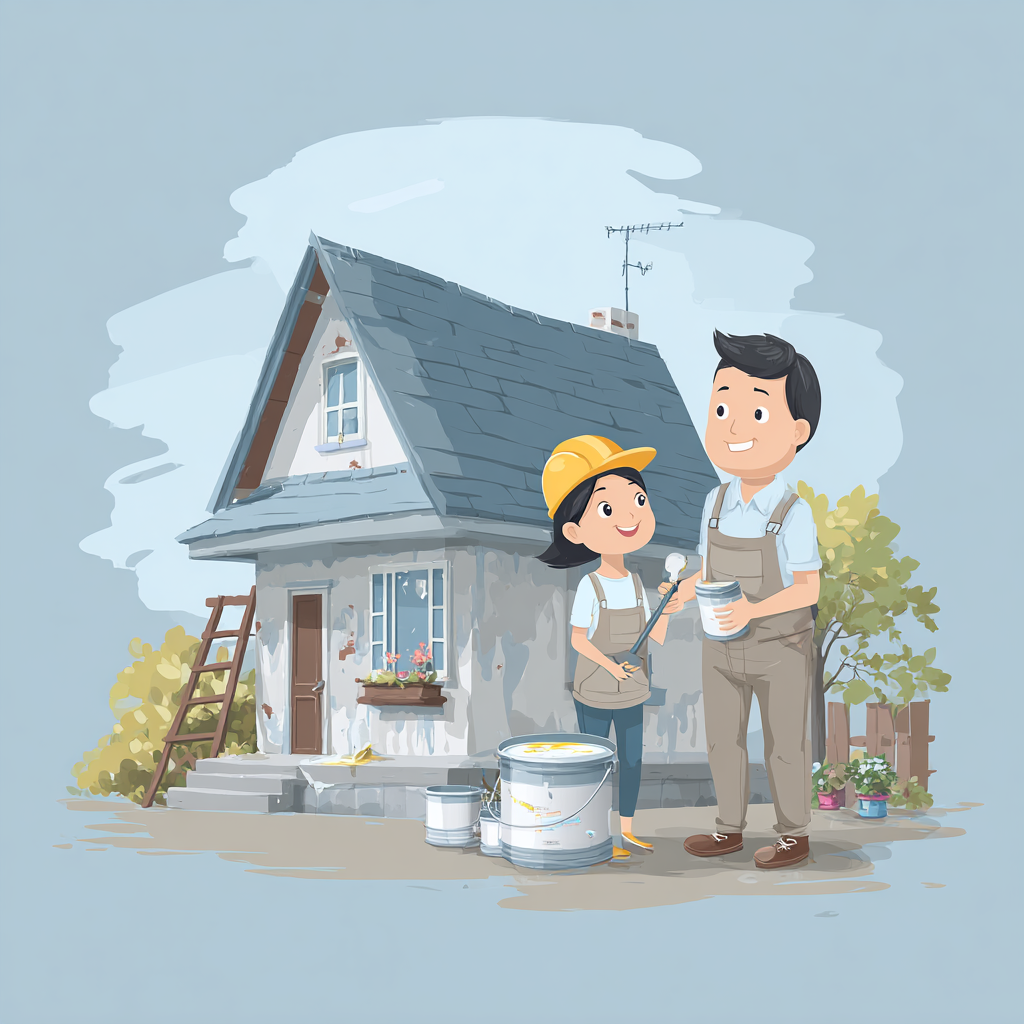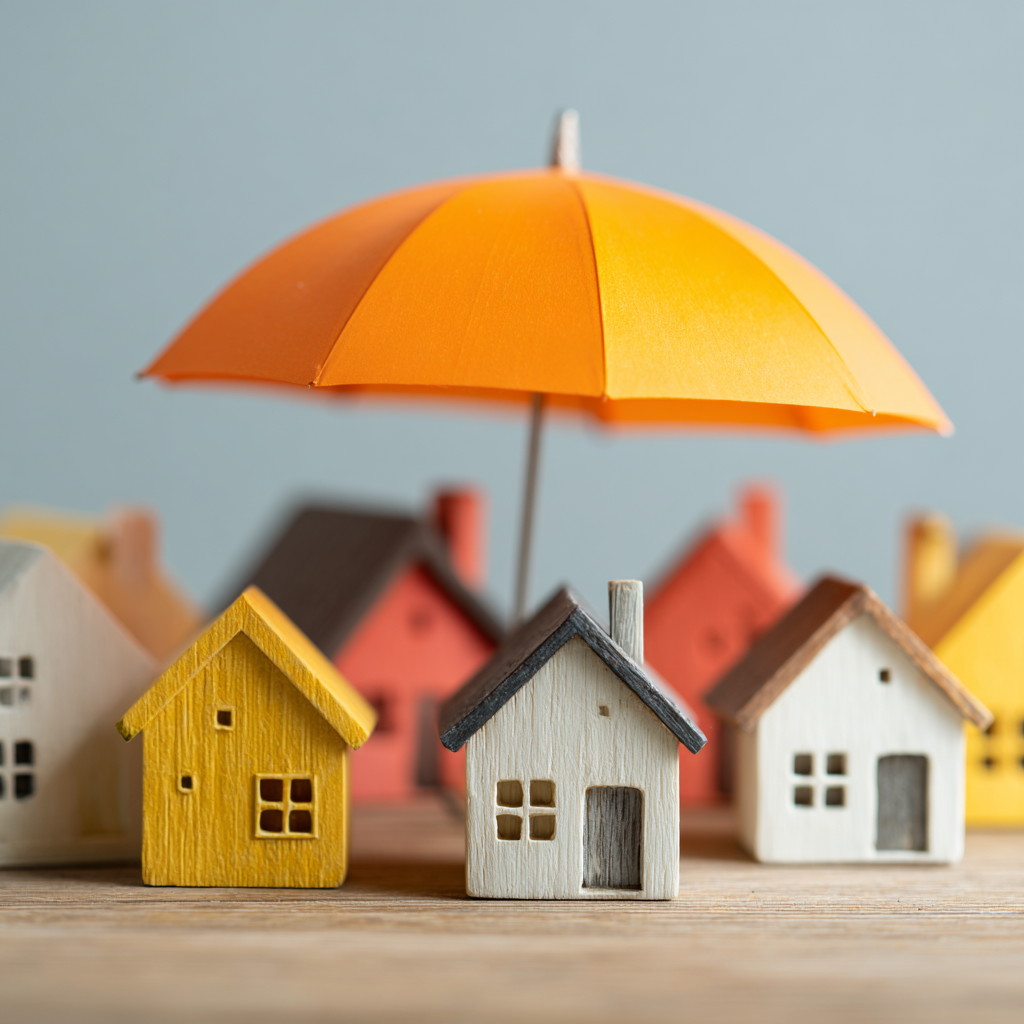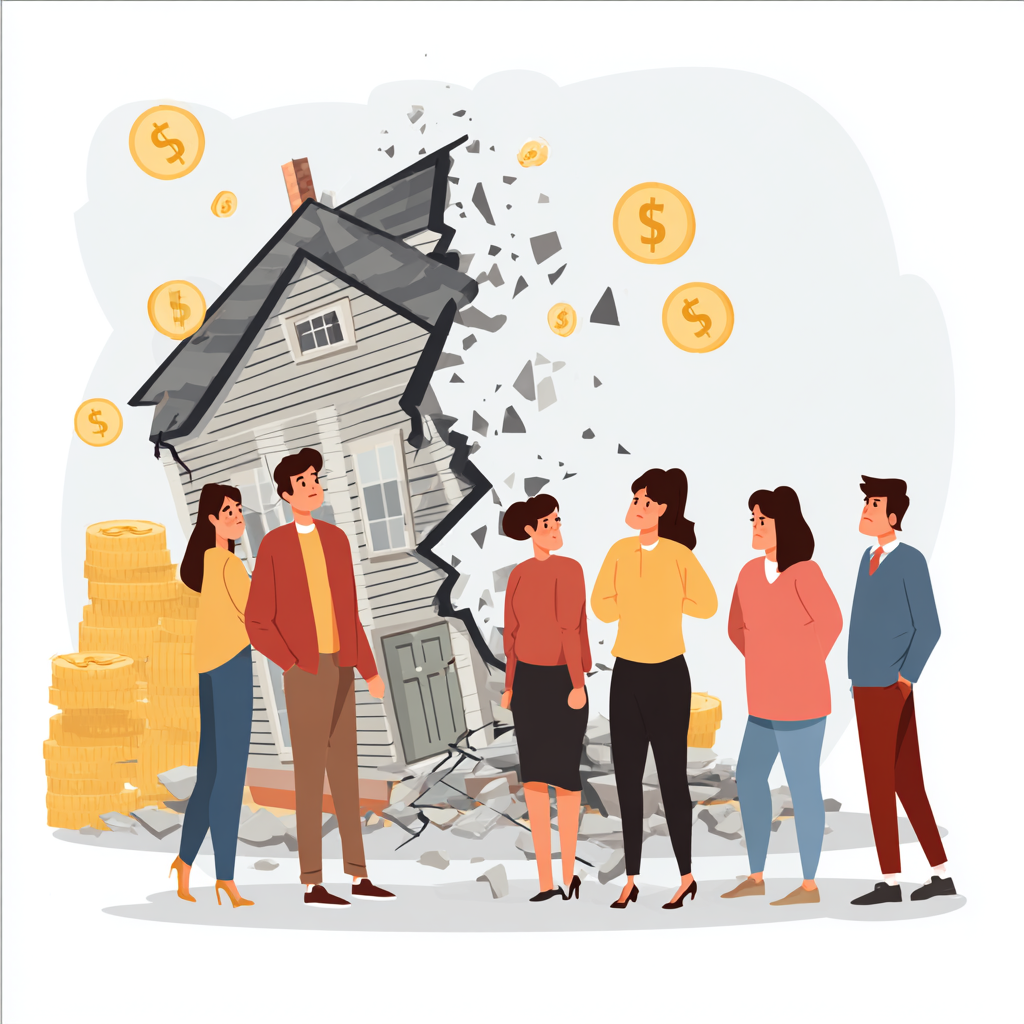The Science of Home Maintenance: Why It Matters and How to Stay Ahead
Home maintenance is often viewed as a tedious chore, an item on an ever-growing to-do list. Yet, beneath this mundane surface lies a crucial practice that significantly impacts not only the longevity of your home but also your well-being and financial stability. With scientific evidence to back it up, let's delve into the importance of home maintenance and explore practical strategies to ensure your home remains a safe and comfortable haven.
The Science Behind Home Maintenance
1. Preventing Structural Deterioration
One of the most significant reasons for regular home maintenance is to prevent structural deterioration. According to the National Association of Home Builders (NAHB), neglecting routine upkeep can lead to costly repairs down the line. For instance, a small water leak can, over time, lead to significant structural damage due to mold growth and wood rot.
Science at Work: Research published in the Journal of Building Pathology and Rehabilitation highlights the importance of timely maintenance in preserving the structural integrity of buildings. Regular inspections and prompt repairs can mitigate risks and extend the lifespan of crucial home components like roofs, plumbing, and foundations.
2. Enhancing Energy Efficiency
Home maintenance plays a pivotal role in energy efficiency. An unmaintained home can lead to significant energy loss, which not only increases utility bills but also contributes to environmental degradation.
Scientific Evidence: The U.S. Department of Energy estimates that proper home maintenance can reduce energy costs by 5-30%. Simple tasks, such as sealing gaps around windows and doors, cleaning HVAC filters, and ensuring proper insulation, can have a substantial impact on energy consumption. For example, a well-maintained HVAC system operates more efficiently, reducing the workload and energy use.
3. Health and Safety Concerns
A well-maintained home is a healthier home. Regular maintenance can help identify and mitigate potential health hazards, such as mold, lead paint, and pest infestations.
Scientific Studies: A study published in the Journal of Environmental Health found that poor indoor air quality, often a result of neglecting maintenance tasks, can lead to respiratory problems and other health issues. Ensuring proper ventilation, maintaining clean air filters, and regularly checking for signs of mold can create a safer living environment.
4. Financial Stability and Value Retention
Regular home maintenance is a proactive approach to protecting your investment. Homes are significant financial assets, and neglecting maintenance can lead to depreciated value.
Research Insights: The Appraisal Institute reports that homes with well-maintained systems and exteriors can retain up to 10-20% more of their value compared to neglected properties. This is crucial not just for current homeowners but also for those considering selling in the future. Investing in regular maintenance can lead to higher resale values and a more attractive property.
Key Areas of Home Maintenance
Understanding the key areas that require regular attention can help homeowners prioritize their maintenance tasks effectively.
1. Roofing and Gutters
The roof is your home's first line of defense against the elements. Regular inspections can help identify issues such as missing shingles, leaks, or damage caused by weather events.
Tip: Clean gutters regularly to prevent water buildup, which can lead to roof damage and foundation issues. According to the American Society of Home Inspectors (ASHI), blocked gutters can lead to water pooling around your home's foundation, leading to potential structural problems.
2. HVAC Systems
Heating, ventilation, and air conditioning (HVAC) systems require routine maintenance to operate efficiently. Neglecting these systems can lead to increased energy costs and reduced comfort.
Science-Based Recommendation: The U.S. Environmental Protection Agency (EPA) suggests changing air filters every 1-3 months to maintain air quality and system efficiency. Regular professional inspections can also identify potential issues before they become costly repairs.
3. Plumbing
Regular plumbing maintenance can prevent leaks and water damage, which can be expensive to fix.
Research Insights: The American Water Works Association states that leaks can waste up to 10,000 gallons of water per household each year. Routine inspections and repairs can save homeowners money on water bills and help conserve this vital resource.
4. Electrical Systems
Maintaining electrical systems is essential for safety and functionality. Regular inspections can identify issues such as faulty wiring or outdated components, which can pose fire hazards.
Scientific Evidence: The National Fire Protection Association (NFPA) reports that electrical failures account for nearly 7% of home fires. Regular maintenance and updates to electrical systems can significantly reduce this risk.
5. Exterior Maintenance
From siding to windows, the exterior of your home is constantly exposed to the elements. Regular cleaning, painting, and sealing can prevent damage and enhance curb appeal.
Recommendation: A study by the Building Research Establishment found that homes with properly maintained exteriors had a lower risk of deterioration and required less frequent repairs. This not only saves money but also enhances your home's appearance.
Seasonal Maintenance Checklist
To help you stay on top of home maintenance tasks, here’s a seasonal checklist to guide your efforts:
Spring
- Inspect the roof for damage.
- Clean gutters and downspouts.
- Service the HVAC system.
- Check for pests and signs of infestations.
- Inspect and repair any exterior paint or siding issues.
Summer
- Test smoke and carbon monoxide detectors.
- Clean and maintain outdoor spaces (patios, decks, etc.).
- Check windows and doors for proper sealing.
- Clean ceiling fans and other ventilation systems.
Fall
- Winterize outdoor faucets and sprinkler systems.
- Inspect and clean the chimney.
- Check insulation in attics and basements.
- Service the heating system in preparation for winter.
Winter
- Monitor for ice dams on the roof.
- Inspect plumbing for potential freezing.
- Check the attic for adequate insulation.
- Ensure that smoke and carbon monoxide detectors are functioning.
Conclusion
Home maintenance is not just a set of chores; it is a crucial practice that impacts the longevity, safety, and value of your property. The scientific evidence supports the need for regular upkeep, highlighting its benefits for energy efficiency, health, and financial stability.
By taking a proactive approach to home maintenance, homeowners can save money, improve their living environment, and protect their investments. Regular inspections, timely repairs, and adherence to seasonal checklists can make a significant difference in the overall condition of your home.
In an ever-changing world, where housing demands continue to evolve, maintaining a well-cared-for home will remain essential for ensuring comfort, safety, and financial security. Embrace the science of home maintenance and set yourself up for a future of stability and peace of mind. Make the smart choice for your properties today. Choose Beagle and elevate the resident experience to new heights.
Related Blog Posts:
- Essential Rental Property Maintenance Tips | Keep Properties in Top Condition
- Winter Maintenance Checklist | Essential Guide for Property Managers
- Rental Inspection Checklist for Property Managers | Ensure Maintenance & Tenant Compliance
Beagle is the #1 platform for property managers to launch profit-maximizing reinsurance and resident benefit programs that tenants love through our association.
Book a Demo Today








